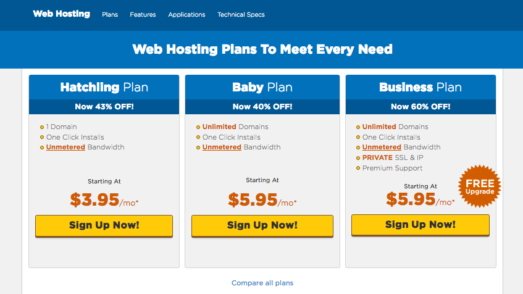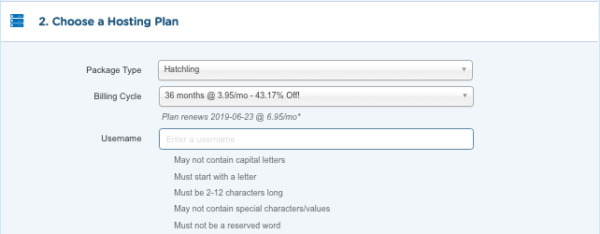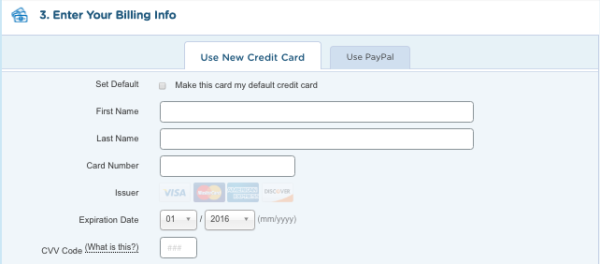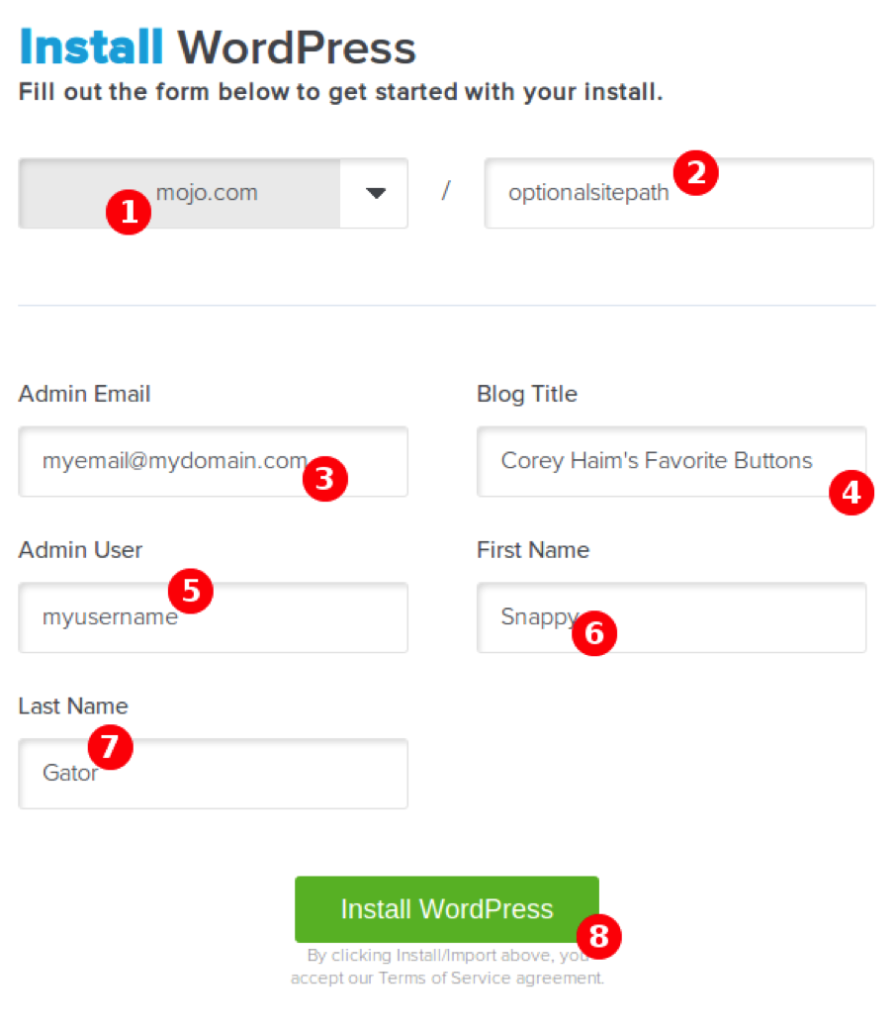Push Notifications Are an Essential Marketing Tool for SMBs
As more people engage, consume and make purchasing decisions using their mobile devices, the popularity of push notifications by business mobile app owners continues to grow. Not only will more companies build mobile apps and employ this technology moving forward, but they will also continue to explore the marketing potential it brings. For marketers, push notifications represent an ideal way to stay in touch with prospects and customers.
Push notifications are the fastest way to stay in contact with a connected customer and are a quick way to let people know about updates and new features.
Cross-Channel Promotions Are a Necessity
Small businesses need to use as many cross-channel promotional strategies as they can. There’s no reason to focus on just one channel because that’s not how the modern digital landscape works. These days, people spend time on their favorite sites and apps and respond differently to communications. Because of this need for diversity, the role of digital marketers keeps changing. It’s crucial to create specific content and messaging not just for specific platforms like social media, email and websites, but also for mobile apps.
Push notifications have proven efficient and should make up a significant part of any SMB digital marketing strategy. In addition to using social media channels and email marketing initiatives to highlight a new product offering; coupon; event or special, consider also using a push notification to make the announcement.
Following up with Customers Brings New Business Through the Door…or Site
Push notifications are a great way to augment your current follow-up process. Most companies already use newsletters and email autoresponders to stay in touch with customers. It’s worth going one step further, by implementing push notifications when possible. Not surprisingly, people tend to pay more attention to a push notification. They have been getting them for a while, so they are used to receiving them and know them to be important or to contain information of interest. Because users routinely ignore emails, marketers have been transitioning to push notifications instead or in addition to their email campaigns.
There are a few rules worth considering before you begin sending these out like a maniac! Remember they’re most effective when something unique and important is going on. For example, a coupon or special will get most people to look. Any vague or unrelated messages will eventually make them want to turn your business’ mobile app notifications off. That’s why picking your spots makes sense. If you don’t overdo it and get your timing right, you’ll have a very high click-through and conversion rate. The job is not to annoy people, but to give them something of interest instead. Make sure any messages you send are brief and to the point.
Add Some Extra Pizzazz with Rich Text Push Notifications
Rich text push notifications contain more than just text in their messages. They may contain web links to click for more information, a link to a specific area of the mobile app and even maps a user can click on for a location or directions that are specific to the push message notification.
Like with standard push notifications, you always want to be as focused as possible in your messages. Since push notifications tend to be short in general, make your meaning simple. People are busy, so don’t waste their precious time.
Push notifications are going to remain popular because of convenience. Any company that supplies an app will want to notify users about updates pertaining to their company and also to the app itself. In the case of bug fixes or feature upgrades, the fastest way to get users to update their app or try a new feature is with a push notification. Offer users the chance to install the new app and a significant percentage will do it quickly. Tell customers to allow notifications for the very purpose of receiving updates and if your mobile app allows for it, sign-up for the list that meets their specific interests.
Remind Inactive Users You’re Still Around!
Sometimes people forget they installed your mobile app or haven’t used it in awhile. In cases like this, a notification is in order. You can use the old “I missed you” ruse to try and drum up interest. Or, you may consider telling them about a new feature you added since they installed the app. That might be enough motivation to spur them back into action. It’s worth a try at the very least because people often install and forget apps. If someone is inactive, you have little to lose by attempting to spur them into action.
If you don’t have time or the staff to implement a push notification marketing strategy, you can always turn it over to a third party. There are many providers that can step in and fill that gap. If you used a third party to develop your business’ mobile app, your app developer may be able to assist you with a campaign strategy and implementation. Either way, understand this is a dynamic form of marketing and will require testing and tweaking along the way. Once you see patterns emerge, you’ll be in an ideal position to craft campaigns and push notification marketing strategies that work well. Just make sure your notifications are succinct and useful.
Now’s the Time to Begin Your Journey
Adapting your current strategies to mobile platforms will yield a whole new market of potential customers. The app market for small businesses has grown enormously and having the ability to “push” a message to an engaged user base is always going to be beneficial. If your business does not yet have a mobile app, get in touch with Colleen Eakins Design (CED) today, to get started developing one. CED has mobile app development plans that include push notifications (standard and rich messages) to your mobile app users.

I’m a Digital Marketer & Freelance Writer with a penchant for all things forward-thinking and positive. I’m a fan of abundance and progress.













